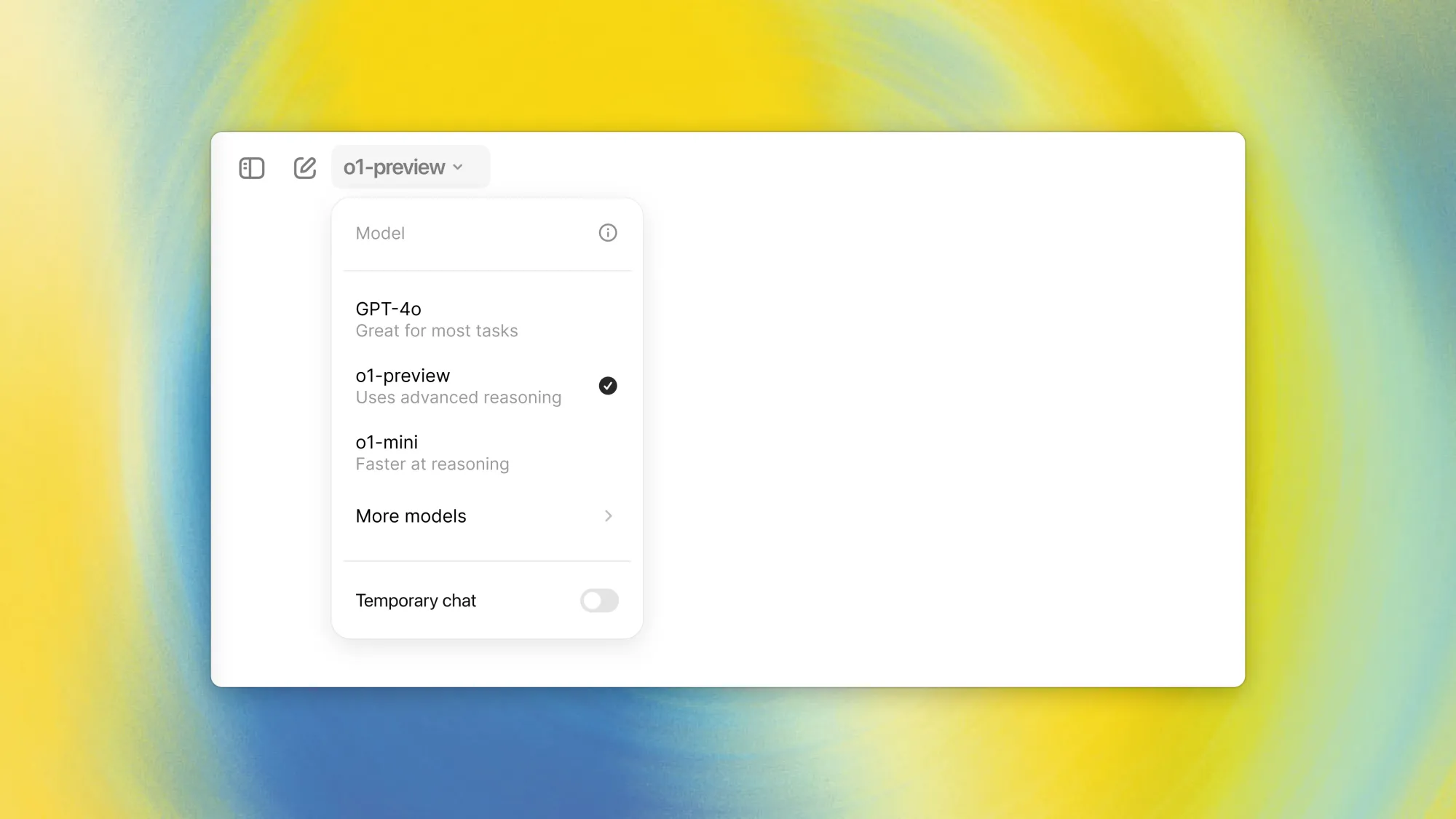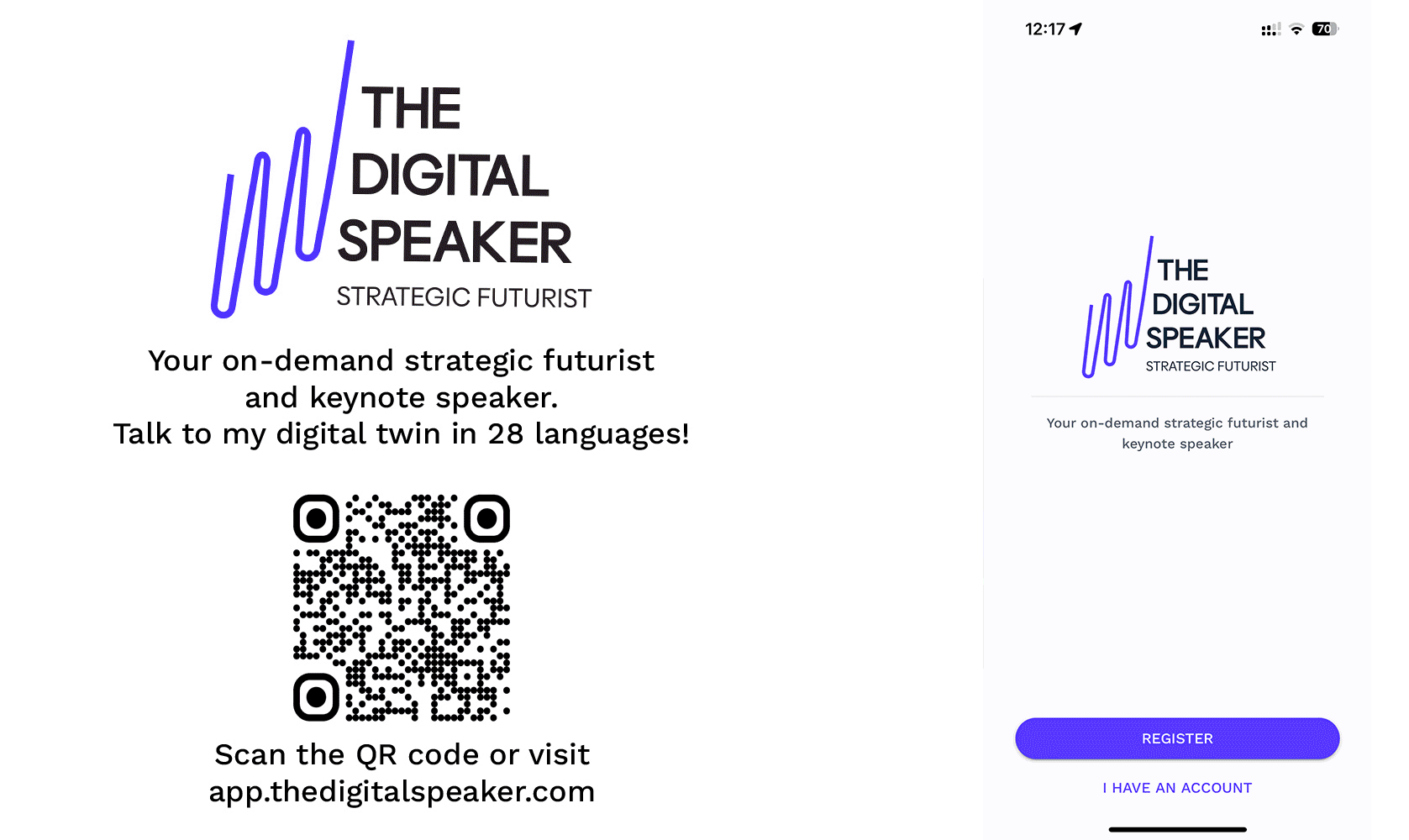A Smarter Chatbot—OpenAI’s o1-preview Thinks Before it Speaks

What if AI could think more deeply than humans when solving hard problems? OpenAI’s o1-preview may signal the dawn of smarter, reasoning AI that redefines intelligence.
On September 12, OpenAI introduced the o1-preview, the first model in a new series of AI systems designed to spend more time reasoning before delivering answers. This marks a significant shift in AI development, focusing not just on rapid response but on thoughtful, step-by-step problem-solving. Unlike traditional large language models (LLMs), which tend to predict word sequences based on vast training data, the o1-preview model emulates a more human-like reasoning process to tackle complex tasks in fields such as science, coding, and mathematics.

As OpenAI puts it, the new models "spend more time thinking through problems before they respond, much like a person would." This means they don’t just generate answers by pulling from patterns in their training data but by considering different strategies, refining their thought process, and recognizing mistakes. This deliberate problem-solving approach results in notable improvements. For instance, in a qualifying exam for the International Mathematics Olympiad (IMO), the o1 model scored an impressive 83%, while GPT-4o, its predecessor, managed only 13%. This leap suggests the model’s capability to reason through tasks that previously stumped AI.
OpenAI also launched a smaller counterpart, o1-mini, which is a faster, more cost-efficient version of the main model. While o1-preview excels in deep, complex reasoning, the o1-mini offers a more practical solution for developers who need robust coding capabilities without the extra processing time or cost. OpenAI highlights that o1-mini is 80% cheaper and highly effective at tasks like generating and debugging complex code, placing it in the 89th percentile in Codeforces competitions, where it nearly matches the performance of the full o1-preview.
While the o1-preview is an early release with some limitations—it lacks browsing, file uploading, and system message handling—it is a significant milestone for LLMs. OpenAI claims, "For complex reasoning tasks, this is a significant advancement and represents a new level of AI capability." This is particularly important because the model’s ability to "think" in a structured way, known as chain-of-thought reasoning, helps it break down complex problems into smaller, manageable steps. For example, OpenAI described how o1-preview handled a difficult puzzle involving age-based logic by "showing its work" as it reasoned step-by-step toward the correct answer.
Another critical aspect of the o1 series is its focus on safety. OpenAI has introduced a new safety training approach that leverages the model's reasoning capabilities to follow safety guidelines more effectively. In one of their most challenging jailbreak tests, where users attempt to bypass safety restrictions, the o1-preview model scored 84 out of 100, compared to GPT-4o's score of 22. This demonstrates a much stronger resilience to manipulation, which is crucial as AI becomes more embedded in sensitive applications.
The o1-preview's reasoning capabilities set a new benchmark for LLMs, not just in technical prowess but also in alignment with human values. As OpenAI continues to refine this model, the implications are clear: by enabling AI to reason like humans, it opens up new possibilities in areas such as scientific discovery, complex programming, and decision-making. As OpenAI noted, this is just the beginning: "We expect regular updates and improvements."
Read the full article on OpenAI.
----
💡 If you enjoyed this content, be sure to download my new app for a unique experience beyond your traditional newsletter.
This is one of many short posts I share daily on my app, and you can have real-time insights, recommendations and conversations with my digital twin via text, audio or video in 28 languages! Go to my PWA at app.thedigitalspeaker.com and sign up to take our connection to the next level! 🚀

If you are interested in hiring me as your futurist and innovation speaker, feel free to complete the below form.
Thanks for your inquiry
We have sent you a copy of your request and we will be in touch within 24 hours on business days.
If you do not receive an email from us by then, please check your spam mailbox and whitelist email addresses from @thedigitalspeaker.com.
In the meantime, feel free to learn more about The Digital Speaker here.
Or read The Digital Speaker's latest articles here.





